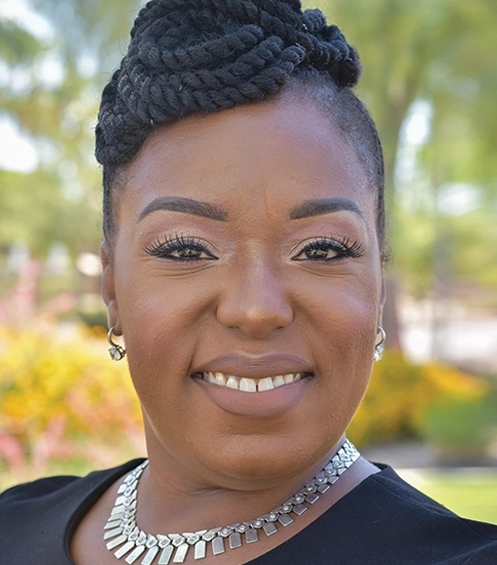40 Years in Real Estate, Now in One Book. Everything I’ve learned from 6,000+ homes sold, now designed to help you grow faster. Get a Free Copy
What role the earnest money deposit plays in a real estate transaction impacts buyers and sellers in different ways.
In a real estate transaction, earnest money is a dollar amount that buyers put down as a deposit to show the seller that they’re sincere. What should buyers and sellers know specifically about this earnest money deposit, though?
If you’re a buyer, I recommend an earnest money deposit of at least 1% of your total offer—maybe even 2% if you’re in a multiple offer situation. For example, if your offer is $500,000, your earnest money deposit should be $5,000 (or perhaps $10,000). Your earnest money deposit is protected by the purchase contract we have here in Arizona, and there are many ways you can get it back if the deal falls through as long as you’re bargaining in good faith.
If you’re a seller, you want to get as much earnest money back as possible because you’re the one who’s liable in this situation. If your house is off the market for two months and the buyer doesn’t qualify at the last minute, you’ll have to relinquish that money—you won’t be able to reclaim it.
However, if the buyer gets to close of escrow, they’re completely funded, and they meet all other contingencies, but for whatever reason they just decided not to close, then you’d be completely refunded for having your house off the market for that long.
If you have any other questions about the earnest money deposit, real estate contracts, or the home buying process in general, don’t hesitate to reach out to me. I’d be happy to help you.
-
40 Years in Real Estate, Now in One Book. Everything I’ve learned from 6,000+ homes sold, now designed to help you grow faster. Get a Free Copy
-
Free Coaching Call. Discover the path to the business, and life, you actually want. No BS, just a real conversation to align your goals with proven strategy and momentum. Request a Call
-
Join Our Brokerage. Join a brokerage that empowers you to achieve the income you deserve. Partner With Us
-
Attend Our Next Training. Get an inside look at the exact systems top agents are using today. Walk away with strategies you can immediately put into practice. Reserve Your Seat
-
Free Newsletter. Receive expert advice, insider insights, and proven strategies to elevate your business, delivered straight to your inbox. Subscribe Now









